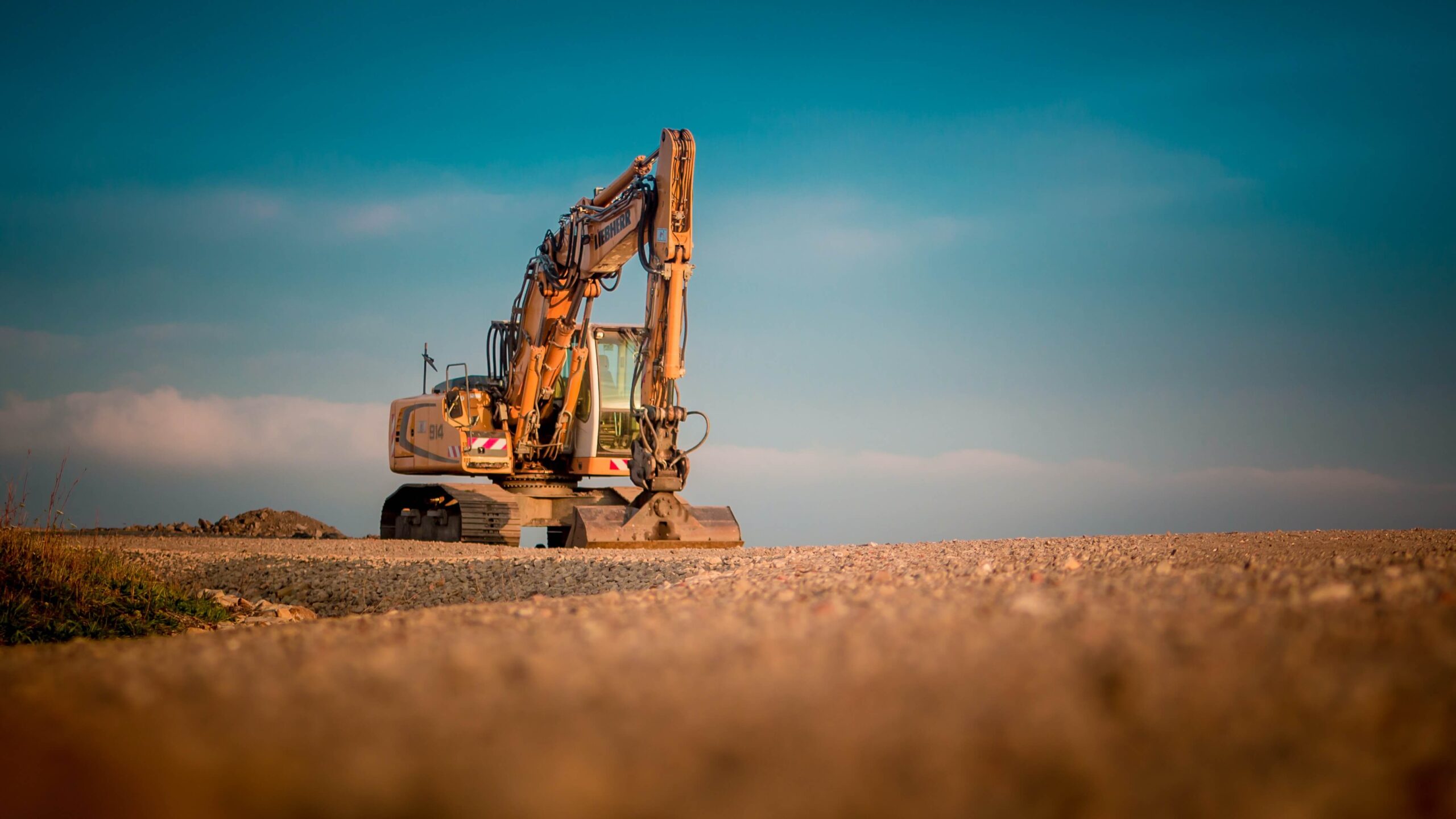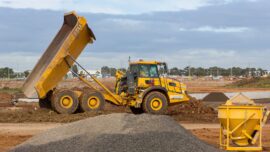

The Benefits of Renting Construction Equipment: Cost-Effective Solutions for Projects
About Elsker
In the world of construction, having the right equipment is essential for successful project execution. However, acquiring and maintaining construction equipment can be a significant financial burden for many businesses. This is where renting construction equipment becomes a cost-effective solution that offers numerous benefits. In this blog, we will explore the advantages of renting construction equipment, highlighting its financial viability, flexibility, and increased productivity.
-
Reduced Capital Investment
One of the primary advantages of renting construction equipment is the elimination of the hefty upfront costs associated with purchasing machinery. Owning equipment requires a substantial capital investment, which can strain a company’s financial resources, especially for smaller businesses or projects with a limited budget. By opting for equipment rentals, businesses can redirect their capital towards other critical areas, such as hiring skilled labor or investing in marketing efforts.
-
Lower Maintenance and Repair Expenses
Maintenance and repair costs are ongoing expenses that accompany equipment ownership. Regular servicing, repairs, and the need to replace worn-out parts can quickly add up and take a toll on a company’s finances. Renting construction equipment shifts the burden of maintenance and repairs to the rental company. Consequently, businesses can save significant amounts on servicing, spare parts, and unforeseen breakdowns, as the rental company assumes responsibility for keeping the equipment in optimal condition.
-
Flexibility and Adaptability
Construction projects vary in terms of scope, duration, and required equipment. Renting construction equipment provides businesses with unparalleled flexibility and adaptability to meet the specific needs of each project. Instead of being limited to a fixed fleet of owned machinery, companies can select from a wide range of equipment options available for rent. This flexibility allows for tailoring the equipment to suit the project requirements, whether it’s a short-term rental for a specific task or a long-term rental for the entire project duration.
-
Access to the Latest Technology
The construction industry is continually evolving, with new and improved equipment being introduced regularly. Renting construction equipment grants businesses access to the latest technological advancements without the need for constant equipment upgrades. Rental companies often update their fleet to include state-of-the-art machinery, ensuring that businesses can leverage cutting-edge technology for their projects. This access to advanced equipment enables construction companies to enhance productivity, efficiency, and overall project quality.
-
Elimination of Storage Concerns
Another significant advantage of renting construction equipment is the elimination of storage concerns. Owning equipment requires substantial space for storage, which can be a challenge for businesses operating in urban areas or with limited storage capabilities. By renting equipment, companies can avoid the costs and logistical headaches associated with storing, securing, and maintaining a fleet of machinery. Once the equipment is no longer needed, it can simply be returned to the rental company, freeing up valuable space on-site.
-
Enhanced Scalability
Construction projects often require adjustments in equipment needs as they progress. Renting construction equipment offers the advantage of scalability, allowing businesses to quickly adapt to changing project demands. Whether the project expands, contracts, or encounters unexpected circumstances, rental agreements can be easily adjusted to add or remove equipment as needed. This scalability ensures that businesses have the right equipment at the right time, optimizing productivity and minimizing downtime.
-
Reduced Risk and Liability
Construction equipment is subject to wear and tear, as well as occasional breakdowns. By renting equipment, companies transfer the associated risks and liabilities to the rental provider. Rental companies typically offer maintenance and repair services as part of the rental agreement, reducing the risk of project delays and additional costs due to equipment failure. This risk mitigation allows businesses to focus on their core competencies and project execution, knowing that equipment reliability is handled by professionals.
Conclusion
Renting construction equipment presents numerous benefits that make it a cost-effective solution for businesses in the construction industry. From reducing capital investment and maintenance expenses to providing flexibility, access to the latest technology, and enhanced scalability, renting offers an array of advantages that can boost productivity and profitability. By leveraging the expertise and services provided by reputable rental companies, construction businesses can optimize their operations, meet project requirements efficiently, and achieve successful project outcomes.






0 comments
Write a comment